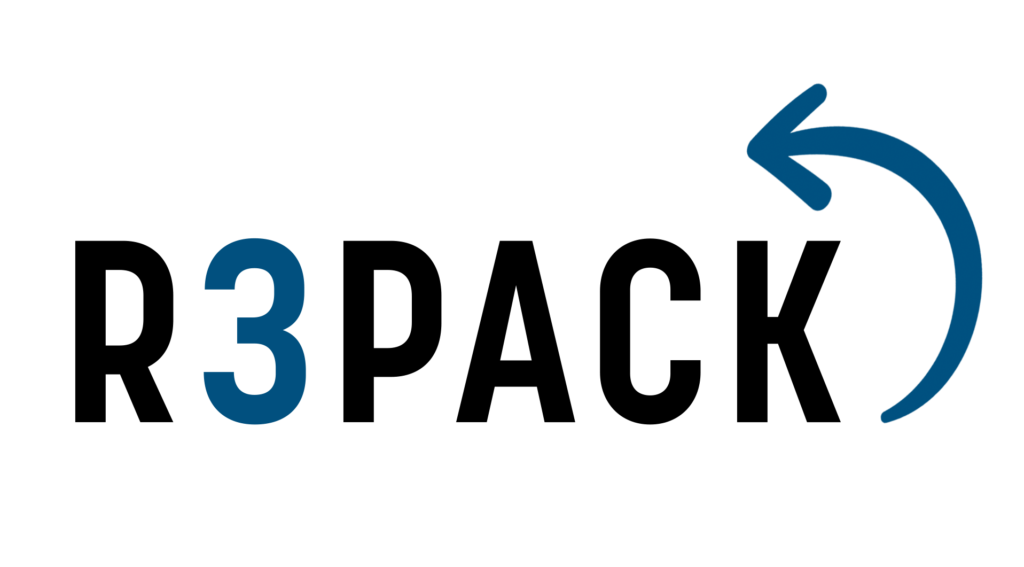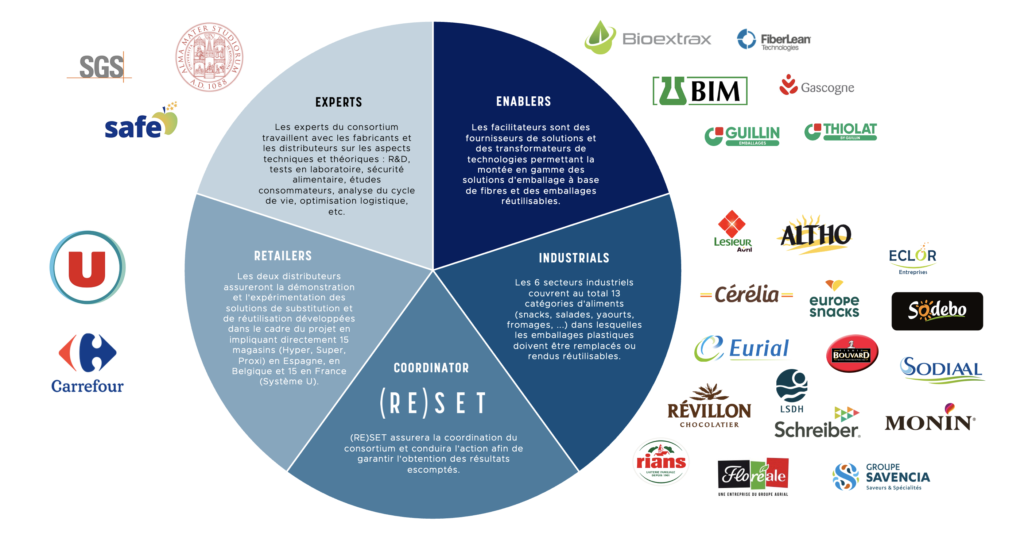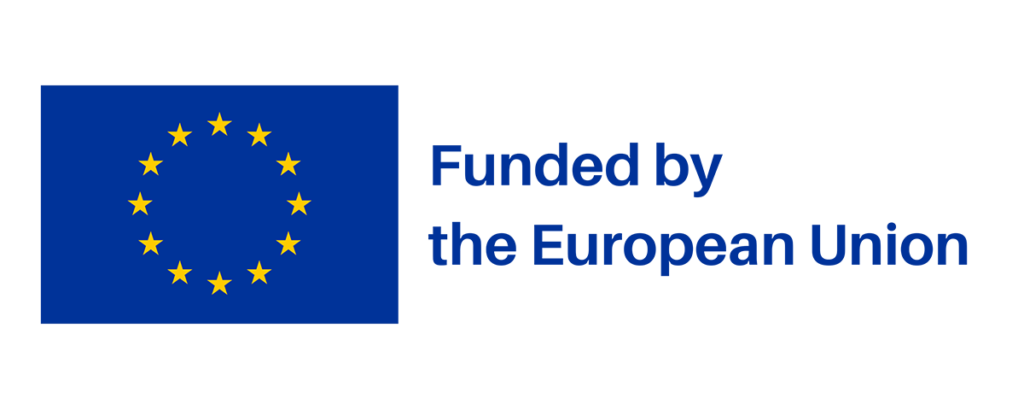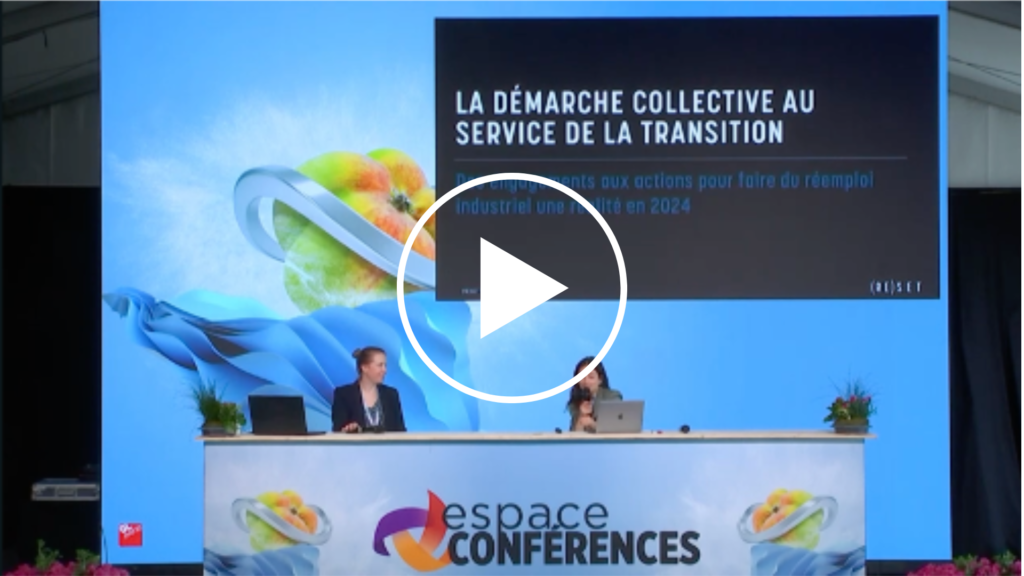
REDUCE, REUSE, RETHINK PACKAGING
A Horizon Europe project for the development of new fiber-based packaging and the adoption of reuse systems
OUR MISSIONS:
"REVOLUTIONIZE SUSTAINABLE PACKAGING"
The Horizon Europe project aims to address the challenge of revolutionizing sustainable packaging by aligning with the Green Deal's objectives – carbon neutrality by 2050 and economically viable, 100% reusable or recyclable packaging on the EU market by 2030.
From 2022 to 2025, the objective of the 34 partners is to ensure the rapid and widespread adoption of innovative, cross-sectoral, cost-effective, and industrially relevant technologies, enabling the immediate replacement of complex multi-layer plastic packaging with high-performance fiber-based packaging.
These innovations will be deployed alongside the economic, industrial, and environmental optimization of reuse schemes demonstrated at a large scale.
WATCH
Our latest conference on R3PACK
THE R3PACK PARTNERS
























WHY R3PACK?

36%
of solid waste in EU cities comes from packaging (Ellen MacArthur, 2017)

14,4Mt
of microplastics have ended up at the bottom of the oceans (Barrett et al., 2020).

71%
of consumers believe that manufacturers, industrial companies, and brands bear the primary responsibility for reducing packaging (Citeo, 2020)

75-112B
worth of plastic packaging materials are lost from the economy each year (Ellen MacArthur, 2017).

450 ans
is the time required for plastic to decompose in a landfill (DHL Trend Research, 2019).

41%
of plastic packaging is recycled in Europe (Eurostat, 2019)
THE R3PACK ACTION PLAN
The two drivers for reducing single-use plastic packaging are (1) the development of an industrially optimized reuse model and (2) the widespread adoption of fiber-based packaging solutions.
R3PACK focuses on these two levers to take concrete action.
REUSE
The Ellen MacArthur Foundation has identified 4 reuse models. R3PACK focuses on the "return on the go" model, which involves users returning packaging to a store or a collection point.
Reuse models were abandoned about fifty years ago by most European countries, which favored linear production processes.
Returning to reuse models requires a complete overhaul of the current logistics system, new packaging design, and standardized protocols to develop interoperable practices across the entire European Union.
R3PACK supports the optimization—from an environmental, economic, and social perspective—of industrial reuse and its effective translation into successful and replicable business practices.
REDUCE
Plastic is fantastic; thanks to its barrier properties, it protects and extends the shelf life of products. Its adoption by the industry allows for cheap and rapid production of plastic.
Switching to fiber-based packaging involves overcoming several technical challenges: finding the right technological combinations to functionalize fibers, meeting barrier requirements (oxygen, water vapor, grease, etc.), ensuring food safety, and guaranteeing a minimum shelf life.
Les nouvelles solutions doivent être adaptées aux processus industriels existants et être économiquement viables.
R3PACK is working on the development of food packaging solutions based on industrial, renewable, and primarily recyclable fibers, as well as compostable/biodegradable ones.
OUR PARTNERS
The R3PACK consortium brings together 34 partners across 7 different countries, uniting key players from the food value chain—from packaging manufacturers to retailers—as well as food sector experts from companies offering innovative solutions and universities.

OUR DELIVERABLES

D7.1 - Plan de communication, de diffusion, d'exploitation et de sensibilisation

This project has received funding from the European Union's Horizon Europe research and innovation programme under grant agreement No. 101060806.



